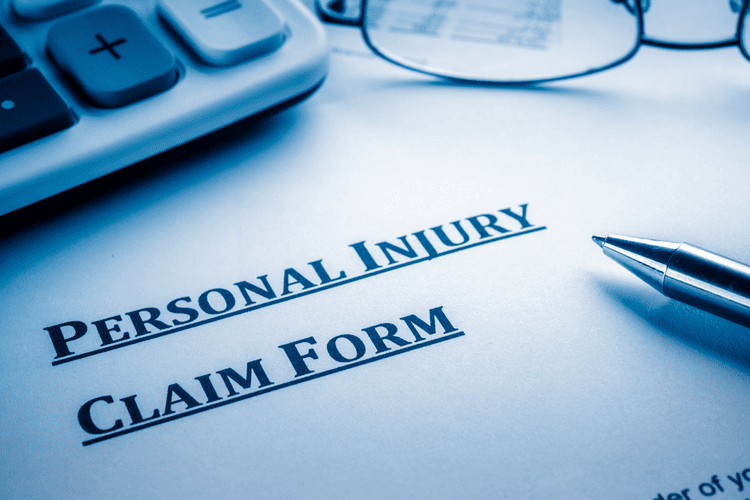Preparing a personal injury case requires access to a lot of information. The client can help by making sure the attorney has all the information needed to structure the case and respond to any issues the opposing counsel may raise.
Take the necessary steps to ensure you get the most out of your claim. Here are 10 things you need to disclose to your personal injury attorney.
Prior Injuries or Accidents
Accidents or injuries that occurred before the event under consideration must be discussed. The goal is to ensure those events cannot be used by the defendant to undermine the current claim. If the attorney knows about those accidents, it’s more likely to prevent them from impacting the case.
Bankruptcy Actions
The attorney must be aware of financial issues like a pending bankruptcy or one that is currently in progress. Non-economic damages are considered assets, which could mean any settlement would end up in the hands of the bankruptcy court.
Changes in Marital Status
Plaintiffs who are married and considering divorce should mention this to the attorney. Negative feelings on the part of the spouse could complicate the case. Also, any settlement could be viewed as an asset to distribute as part of the division of assets, something that diminishes the compensation the injured party retains.
Criminal Histories
All past misdemeanors and felonies, including activities dating back to the teenage years, must be shared with the attorney. Doing so ensures that if the defense runs a background check and attempts to use past infractions to discredit the plaintiff, the attorney will be prepared to answer those challenges.
New Injuries
If other injuries have occurred since the subject of the suit, provide full details to the personal injury attorney. This prepares the legal counsel to respond if the opposing party attempts to blame the injuries on a subsequent event.
Responsibility for the Accident
If the plaintiff is even partially responsible for the accident, the personal injury attorney must know that up front. It’s still possible to seek some compensation from the other responsible party. Failing to disclose this information could jeopardize the entire case.
Disclose All Details
Hold back nothing about the events leading up to the accident or what happened afterward. Something the client does not see as important could make a huge difference in how the attorney pursues the case.
Provide Accurate Details About Medical Costs and Lost Income
Documents to confirm medical bills and income lost as the result of the accident are essential. They will form the basis for seeking compensation.
Reveal All Sources of Income
If the client is engaging in any income generating activities, including temporary work that’s done at home, this must be revealed to the attorney. If the defense learns of even off the table income, it will be used in hopes of defeating or at least reducing the claim.
Report All Expenses Paid by Insurance
Medical expenses paid by private insurance, group insurance, or Medicare/Medicaid must be reported to the attorney. Assuming the suit is successful, some of the settlement may be owed to the insurance provider. The attorney will know if and how much of the settlement must be used to reimburse any provider.
The bottom line is that the client must provide complete disclosure to the attorney. Doing so minimizes the possibility of information arising that could endanger the case. If you or someone you know is in need or a personal injury lawyer, contact the office of E. Orum Young. We have over 35 years of experience dealing with personal injury cases, and are eager to help you too. Our Trial Guarantee ensures that we will take your case to trial per your request. Contact us at (318) 450-6453 for a free case evaluation. We’re available to speak 24/7.






